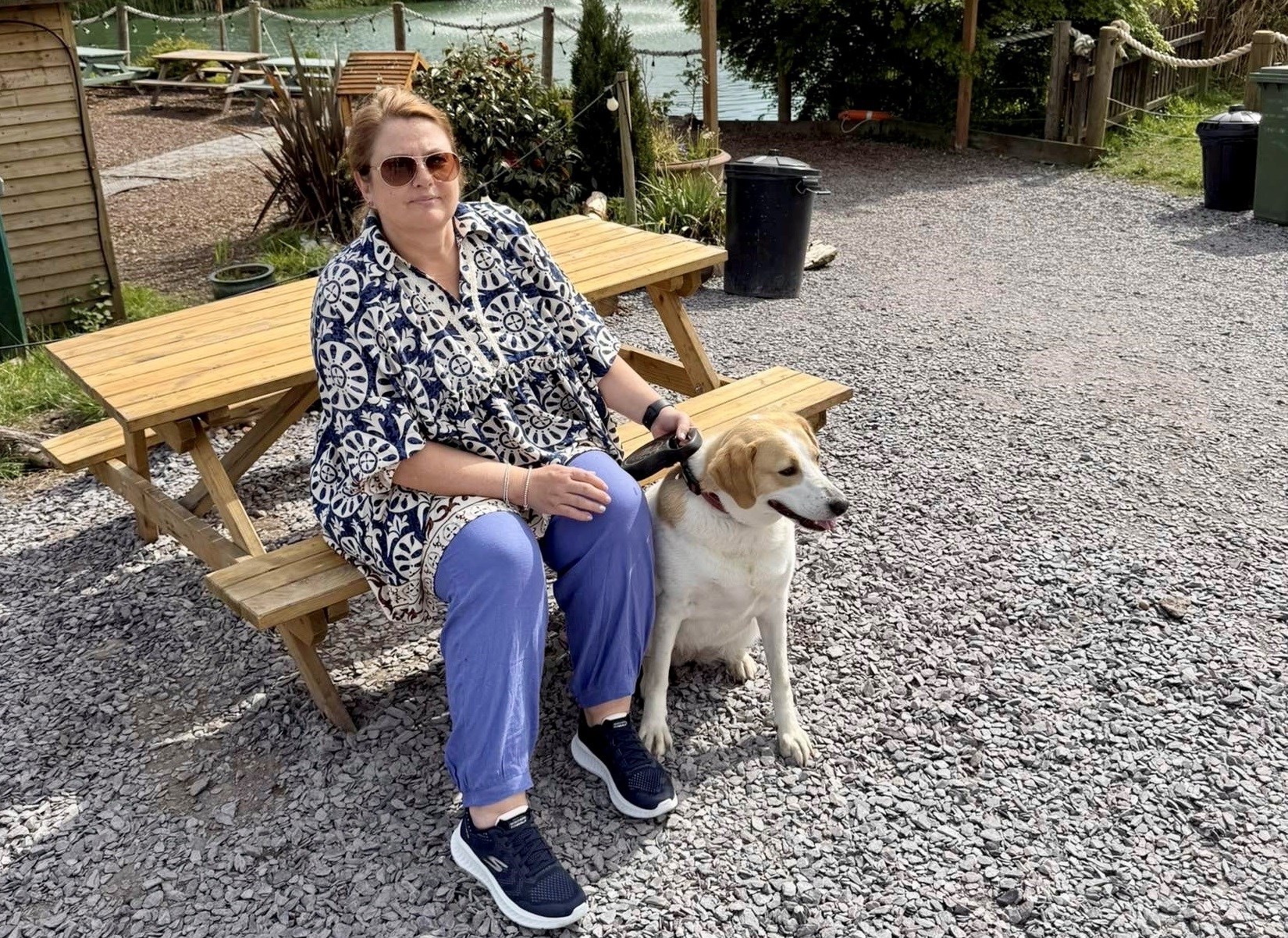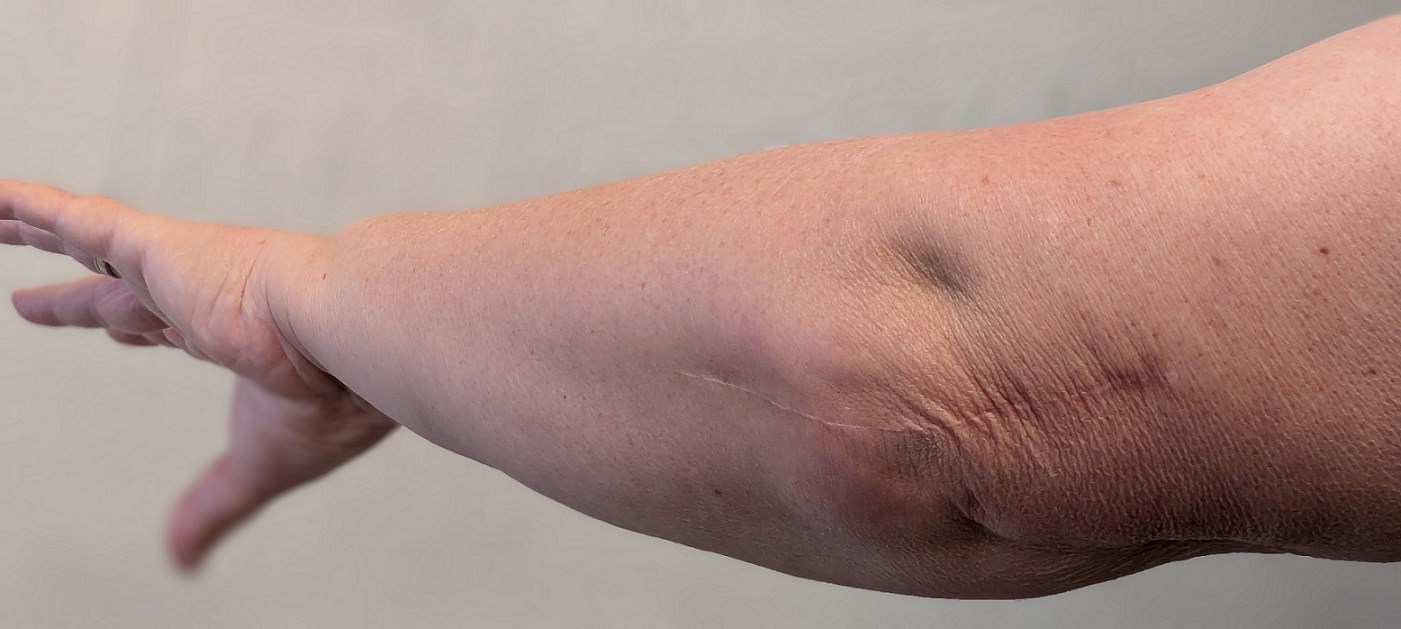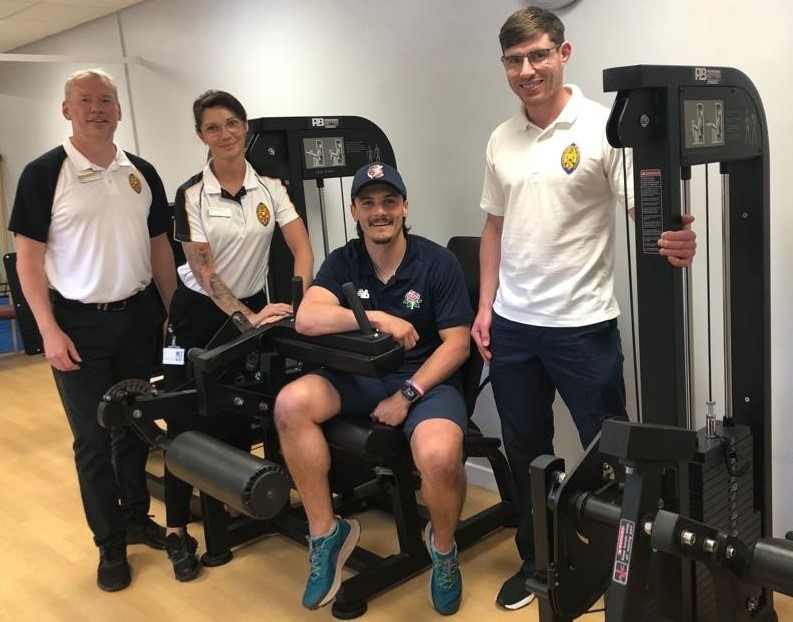Knee replacement surgery for osteoarthritis: Amanda's story
21 May 2025
Amanda Burns, a 56-year-old Manager from Warrington suffered from severe osteoarthritis pain in both knees, which significantly impacted her quality of life. Her mobility had become so reduced that it reached a point where she needed to seek professional advice.







